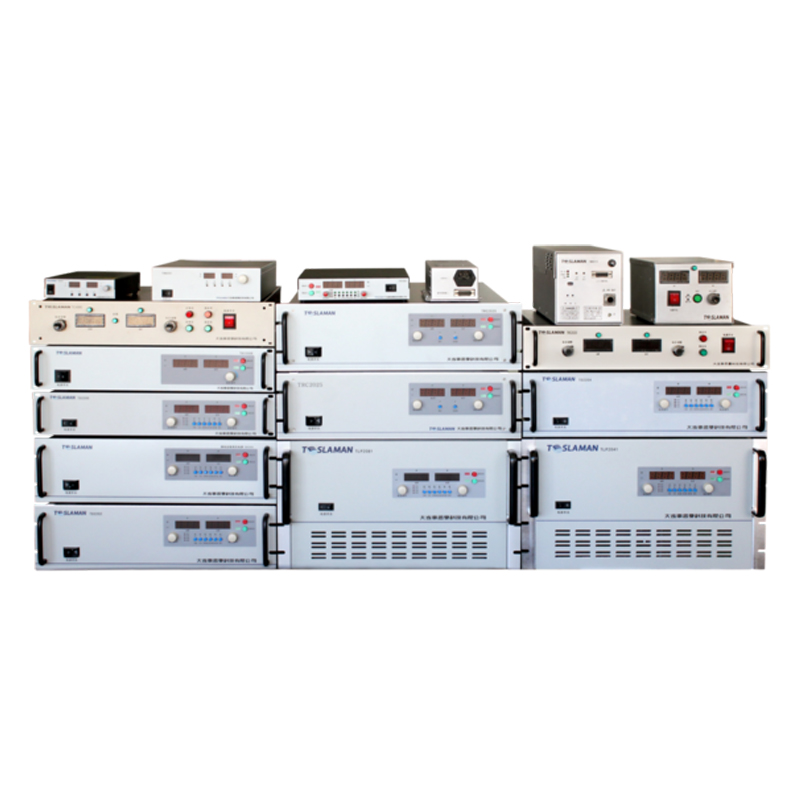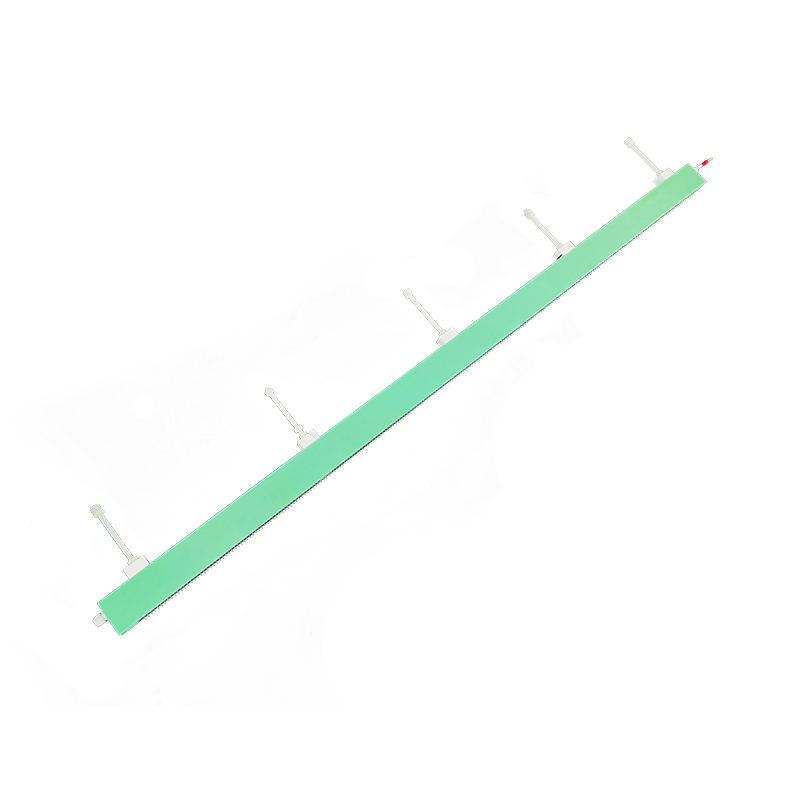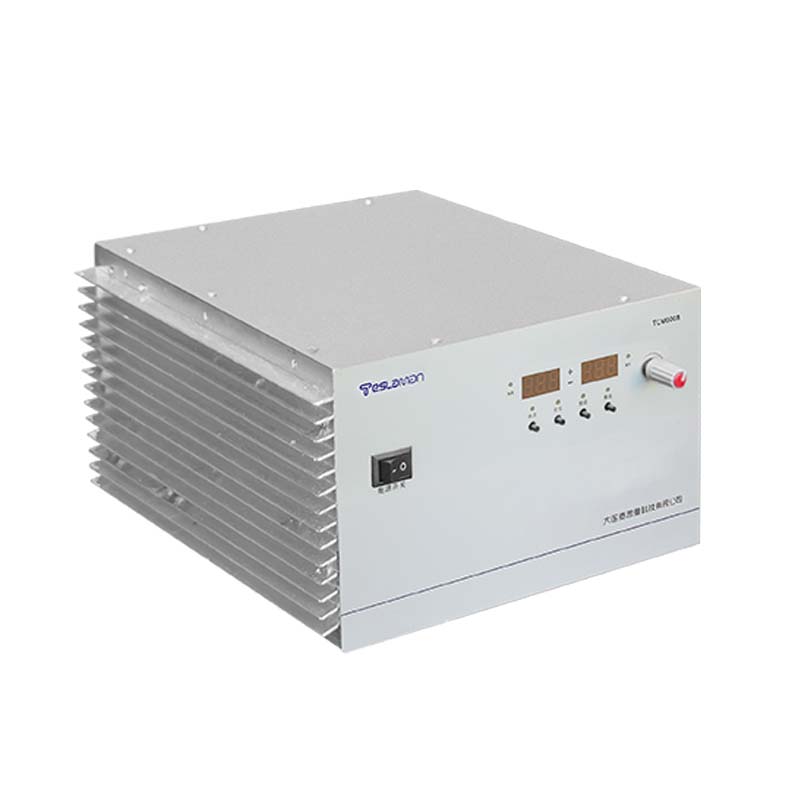The Influence of High-Voltage Power Supply for Blood Irradiation on Blood Rheology
In the fields of modern medicine and biological science, blood irradiation technology has become an important processing method, and the high-voltage power supply plays a crucial role in the process of blood irradiation. Blood rheology mainly studies the fluidity and deformability of blood, and the influence of the high-voltage power supply for blood irradiation on blood rheology deserves in-depth discussion.
During the blood irradiation process, the electric field generated by the high-voltage power supply will interact with various components in the blood. Red blood cells, as the most numerous cells in the blood, their rheological properties have an important impact on the overall fluidity and deformability of the blood. When the blood is in a specific electric field environment generated by the high-voltage power supply, the surface charge distribution of red blood cells may change. This change will affect the interaction force between red blood cells, and then affect the aggregation and deformability of red blood cells. If the aggregation of red blood cells increases, the viscosity of the blood will correspondingly increase, and the fluidity will decrease, which may have an adverse impact on the microcirculation.
In addition, platelets play an important role in the process of blood coagulation and hemostasis. The electric field generated by the high-voltage power supply may affect the activation and aggregation process of platelets. The activation of platelets is a complex biological process, involving the interaction of multiple signaling pathways and proteins. The electric field may interfere with these signaling pathways, thus changing the function of platelets. If the aggregation of platelets is inhibited, it may increase the risk of bleeding; conversely, if the platelets are over-activated and aggregated, it may lead to thrombosis.
White blood cells play a key role in the immune system, and their rheological properties will also be affected by the high-voltage power supply for blood irradiation. The deformability of white blood cells is crucial for their movement and chemotaxis in blood vessels. The electric field may change the membrane structure and cytoskeleton of white blood cells, thus affecting their deformability and migration ability. This may have a certain impact on the normal function of the immune system.
From the perspective of clinical application, it is crucial to understand the influence of the high-voltage power supply for blood irradiation on blood rheology. When performing blood irradiation treatment, the parameters of the high-voltage power supply need to be precisely controlled to ensure that the rheological properties of the blood are within an acceptable range. For example, by adjusting the voltage, frequency and irradiation time of the high-voltage power supply, the treatment effect of the blood can be optimized, and the adverse effects on blood rheology can be reduced.
In conclusion, the influence of the high-voltage power supply for blood irradiation on blood rheology is multi-faceted, involving various blood components such as red blood cells, platelets and white blood cells. In-depth study of these influences is of great significance for optimizing blood irradiation technology, improving treatment effects and ensuring the health of patients.




















